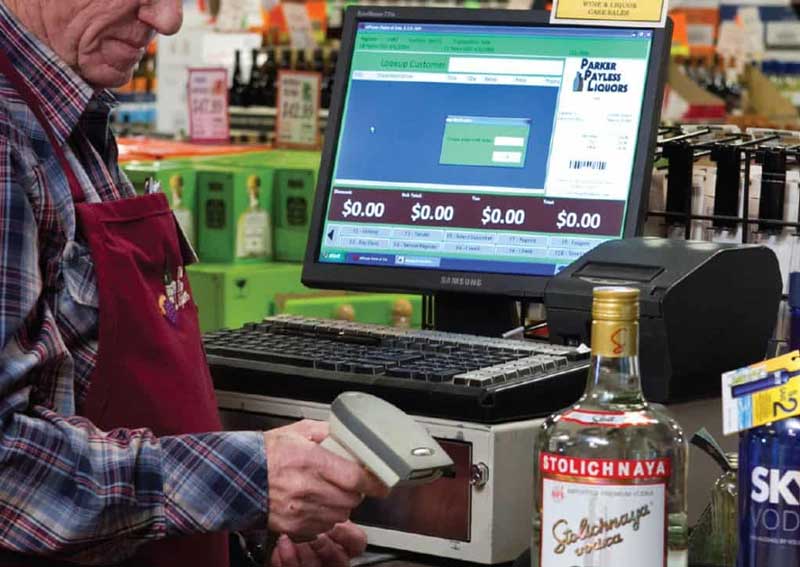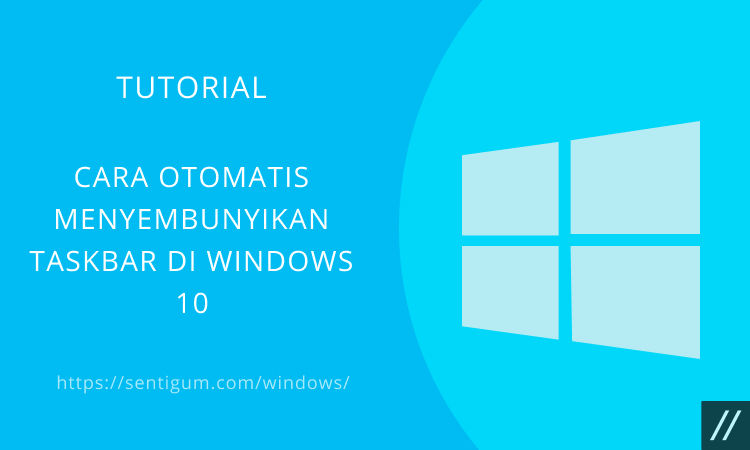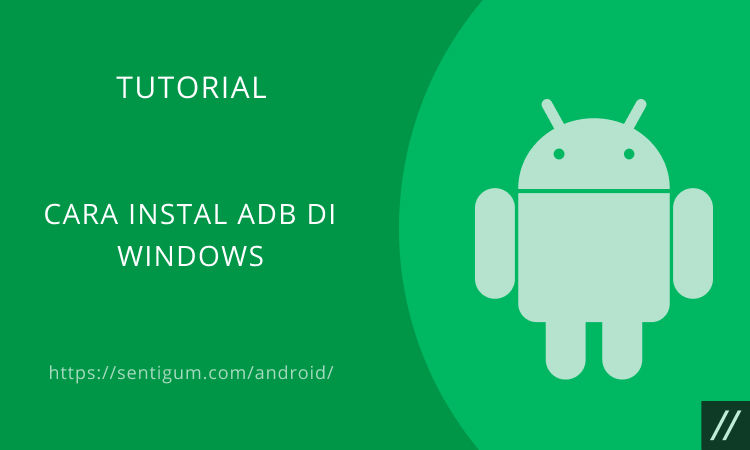POS software allows retailers and restaurants to track products sold and inventory availability.
These are typically all-in-one services that also offer data analytics, employee tracking, and marketing capabilities.
We have covered the best POS systems for small businesses in the past, but they’re suitable for a variety of industries, and liquor stores are no exception.

Read to: 3 Best POS System for All in 2024
POS systems can take many forms, including smartphones and tablets, but like all the above options, a liquor store will need a terminal with a screen and a receipt printer.
Best POS System For Liquor Stores
Here is the recommendation of best POS system for liquor stores, such as:
1. Square POS
Square POS is the perfect POS system for most needs.
It’s easy to use, has many features and integrations for your business and inventory needs, and offers excellent help and support.
Square offers detailed tax reports to help any business dealing with state and federal liquor taxes, as well as auto-replenishment features to keep hot items from running out.
The software also accepts payments even when you are on an unreliable network or have no internet connection.
1.1 Price
Here is the detail of the cost:
- Free to install
- No month-to-month prices, fees transaction prices instead
- 6% + 10 cents card transaction fee
Pricing from: 2.6% + 10¢ per transaction
The Square system has a unique approach to pricing.
Users don’t have to pay a fixed monthly fee and only a fixed percentage of each transaction is charged, so there is little overhead when starting a business.
However, when it comes to liquor store use, Square has one big drawback of its.
Square does not offer built-in age verification.
However, they offer multiple third-party integrations to cover this functionality, but that comes at an additional cost: Square passed its POS by flying above all other important considerations, so Square took first place.
Flat transaction fees help small businesses save costs, while large businesses require more transactions and fees.
If you’re in charge of a large company, consider Lightspeed POS over Square.
1.2 Pros and cons
Here are some pros and cons using Square POS for liquor store, such as:
| Pros | Cons |
| Get started for free | Some features that midsize businesses need cost more |
| Powerful analytics, inventory, and third-party integrations | Support options vary by plan |
| Serving companies of all sizes and industries | 3.5% + 15¢ fee on transactions entered |
| Sleek and stylish hardware |
2. Shopify
Shopify offers POS, but the company is also known as an ecommerce website builder.
Of course, the two services can be easily integrated, making Shopify its POS of choice for brick-and-mortar businesses looking to sell online or online businesses adding a physical presence.
The checkout system itself is also great.
Shopify POS is near-perfect inventory and checkout functionality, as well as excellent help and support.
2.1 Price
Here is the information of the cost:
- 14 days free trial
- Plans available for $29 per month
- 6% + 10 cent card transaction fee
Pricing from: $89 per month
The Shopify POS Pro plan starts at $89 per month, while the more limited Shopify Lite plan is free (with per-transaction fees starting at 1.5%).
Additionally, the service is compatible with most of its POS hardware, making it a great way for small businesses to save costs.
Shopify’s website builder also supports the sale of liquor.
Liquor store managers can set shipping restrictions in the Shopify Shopify admin to comply with government regulations and add age verification pop-ups to their websites.
2.2 Pros and Cons
Here are some pros and cons using Shopify POS for liquor store, such as:
| Pros | Cons |
| 24/7 support via phone, live chat and email | Dedicated to retail and e-commerce |
| Very strong ecommerce integration | No offline mode |
| Works with many different hardware options | Transaction fees are charged if you don’t use Shopify’s own payment processing system |
3. Lightspeed
Lightspeed’s built-in customer reward system and omnichannel loyalty tools, along with the terminal hardware’s low price point, make it a solid choice for large enterprises.
The service’s feature set covers all the core areas a liquor store needs, from business development tools and administrative skills to checkout functionality.
3.1 Price
Here is the information of the cost:
- The most expensive restaurant plan is $229/month
- 6% +10 cent card transaction fee
- Pricing plans start at $69/month
Pricing from: $69 per month
Lightspeed costs $69 per device per month on its lean plan, but more features are available on its other two plans.
Standard is $119/month and Advanced is $199/month.
All plans include the same transaction fee.
2.6% + 10¢ with card, 2.6% + 30¢ without card.
Inventory management tools allow users to buy by the case and sell by the bottle.
Trigger out-of-stock alerts to let admins know when top sellers need replenishment.
Employees may be required to verify identification with each alcoholic beverage purchase.
Lightspeed has some handy liquor store-specific integrations, from ID verification for age-restricted sales to in-store delivery, shipping, and pickup capabilities.
No training mode is available, but otherwise POS is easy to understand and has great customer satisfaction and support options.
3.2 Pros and Cons
Here are some pros and cons using Lightspeed for liquor store, such as:
| Pros | Cons |
| Perfect for retail stores with barcode inventory | Slightly more expensive than some competitors |
| simple pricing | No integration with scale |
| Restaurants, flower shops, and stores without barcodes are even more difficult to use |
Conclusion
The number one POS software feature a liquor store needs is age verification.
A business could be fined or lose its license for selling alcohol to a minor, so the cashier needs to be able to verify her ID quickly and easily.
A simple pop-up window will work, but POS integrated with ID scanner hardware is easiest.
You also need complex inventory management tools that factor in rebates, 2-for-1 deals, and state-by-state liquor taxes.
These tools should also be able to track case breakage.
That is, if a store buys a case of wine or beer and sells it by the bottle.
After all, you need its POS system to track all the data he needs to ensure compliance with local and state alcohol licensing laws.
The legality of serving alcohol on demand also varies by state.
Baca Juga:
- 2 Best POS System For Clothing Stores
- 5 Best POS System For Food Trucks
- 3 Best POS System for All in 2024
- 5 Best Pizza POS Systems
- 3 Best POS System for Grocery Stores
- 3 Best POS System For Convenience Stores
- 3 Best Pos Systems For Bars








